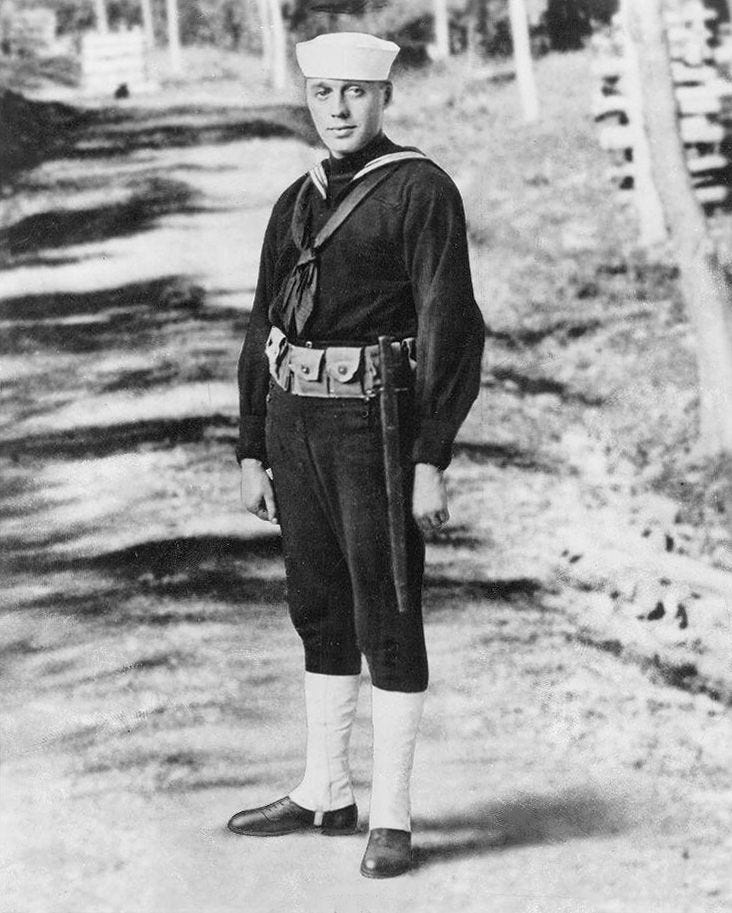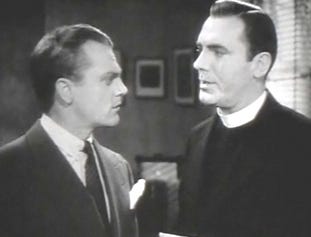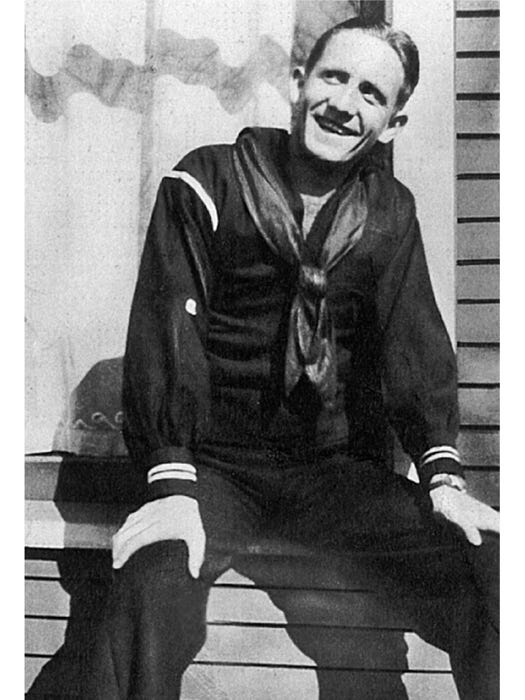Guess Who’s Coming to Great Lakes
The Great Lakes Naval Training Station football team of the 1918 season will pop up now and again this year in the run up to the 100th anniversary of their victory in the 1919 Rose Bowl. Great Lakes was a supremely talented team. Fourteen team members played in the NFL, four played Major League Baseball, and another player made the College Football Hall of Fame as a player and coach.
Beyond the athletic talent that passed through Great Lakes Navel Training Station, the country’s largest training facility during WWI, others made their mark on other stages. One who made his mark before arriving as the Great Lakes band leader was Lt. John Philip Sousa.
Sousa, of course, was the former head of the Marine Corps band and composed the National March of the United States, Stars and Stripes Forever; the official March of the United States Marine Corps, Semper Fidelis; and modified the U.S. Field Artillery, which in its present form is the U.S. Army’s official song, The Army Goes Marching Along.
Sousa and the Great Lakes Band primarily served a public relations function. The elite Battalion Band headlined many Liberty Bond events, touring the country for parades and rallies associated with the bond effort.
A 1917 enlistee, Benjamin Kubelsky, came to Great Lakes from a moderately successful vaudeville career as a violinist. While entertaining the sailors one evening, he was booed amid suggestions he leaves the stage. Kubelsky was encouraged to remain on stage and talk his way out of trouble; his deadpan humor worked with the sailors and left the stage to applause. The combination of deadpan humor and violin play carried him through a decades-long radio and television career under his stage name, Jack Benny.
One of the sailor/entertainers that encouraged Jack Benny to stay on stage that evening was Pat O’Brien. O’Brien was also a good athlete and tried out for the Great Lakes football team. He made the first cut but not the second. After the war, he played football for Marquette during the 1920 season before focusing on his acting. O’Brien had a long and successful film career and played various roles. Nevertheless, he became a football immortal twenty years after leaving Great Lakes in the title role of the 1940 film Knute Rockne, All American. In that role, O’Brien reprised Rockne’s speech to his 1928 Notre Dame team when he urged them to “…win just one for the Gipper.” Of course, the part of George Gipp was played by a still-young Ronald Reagan.
Another Jackie from Great Lakes was Pat O’Brien’s boyhood friend, Spencer Tracy. Tracy and O’Brien enlisted together, but Tracy had not yet a man of the stage. He began acting in college and earned nine Academy Award nominations, winning twice for Captain Courageous and Boys Town. Nowadays, he is best known for his roles in Boys Town, Inherit the Wind, and his final role, Guess Who’s Coming to Dinner.
A handful of other entertainers passed through Great Lakes during the war, but these were the stars among those earning their stripes.
Click here for options on how to support this site beyond a free subscription.





